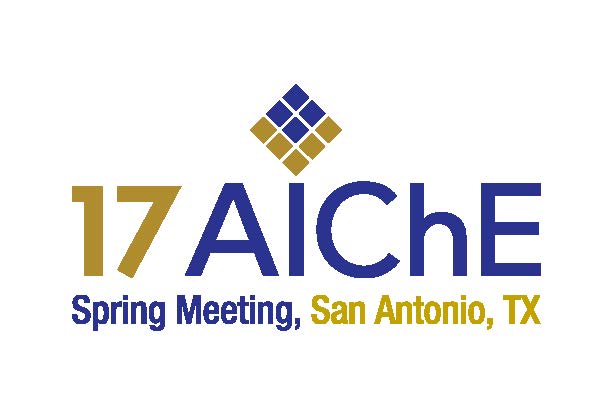

The separation of olefins from paraffins is important in the petrochemical industry.The current dominant technology, cryogenic distillation, is highly energy intensive. In 2013 we reported on the use of carbon molecular sieve (CMS) membranes in a hybrid membrane-distillation process to improve energy use with resulting lower energy or increased production.
The CMS membranes are produced by pyrolyzing polyimides like 6FDA:BPDA-DAM and show improved production (flux) and exceptional separation (selectivity) when compared to the precursor polymer and polymeric membranes in general.
The impact of impurities on the CMS membrane must be understood in order to use it in actual production plant applications. This paper will discuss common impurities found in the ethylene plant’s purification train, specifically, the potential impact of these impurities on the membrane. These impurities include hydrogen sulfide, water, carbon dioxide, acetylenics, and carbon monoxide.
Preview Presentation
Presenter(s)
Once the content has been viewed and you have attested to it, you will be able to download and print a certificate for PDH credits.
If you have already viewed this content,
please click here
to login.
